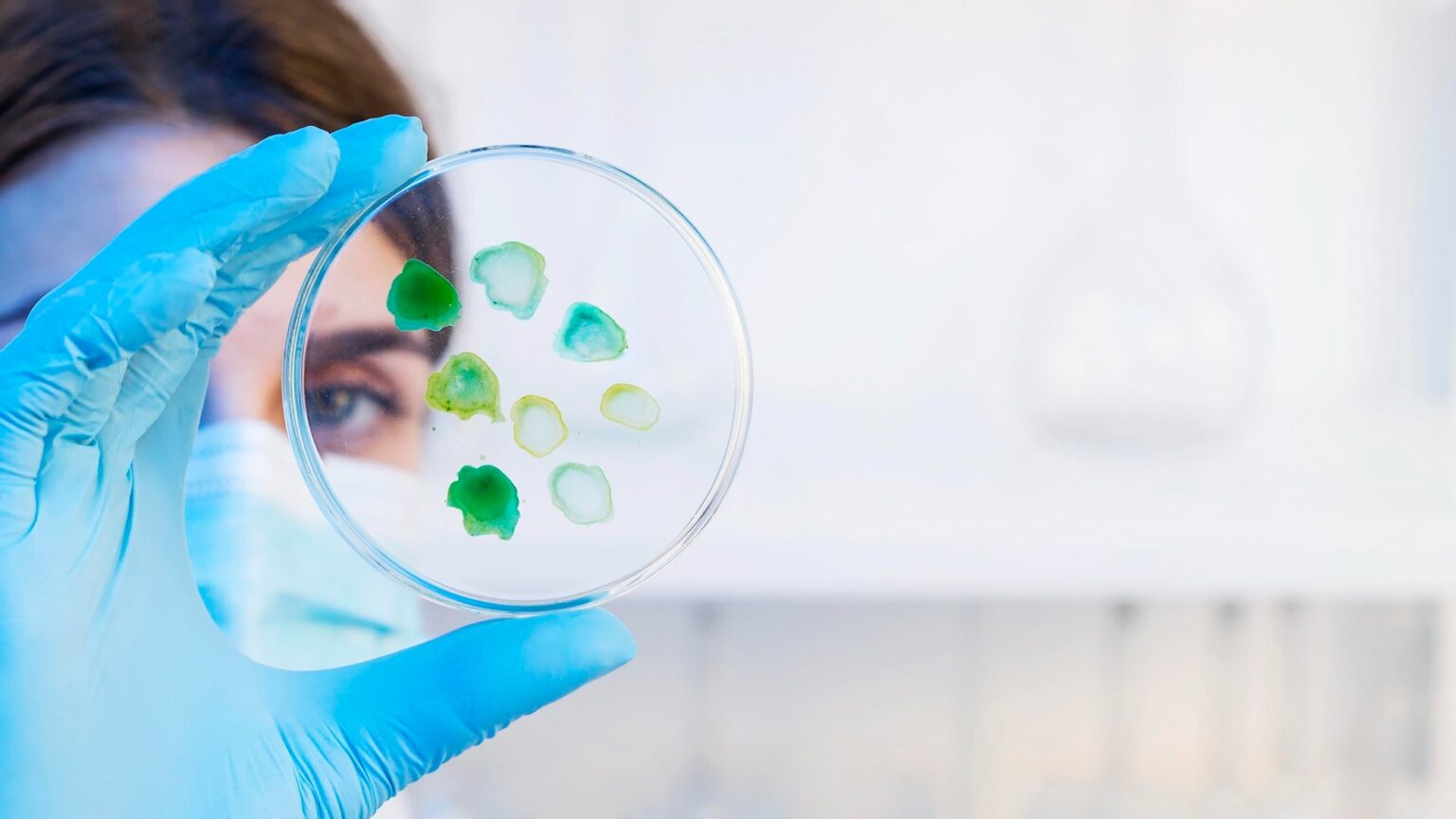Stem cell research harnesses the power of cellular regeneration and has the potential to revolutionize medicine and our understanding of human biology. Stem cells are unique cells that have the ability to self-renew and differentiate into various cell types in the body.
One of the key areas of stem cell research is embryonic stem cells (ESCs), which are derived from early-stage embryos. ESCs have the remarkable capability to differentiate into any cell type in the body, making them invaluable for studying developmental processes and modeling diseases. They hold great promise for regenerative medicine, as they could potentially be used to replace damaged or diseased tissues and organs.
Another significant area is adult stem cells, which are found in various tissues throughout the body, such as the bone marrow, brain, and skin. Adult stem cells have a more limited differentiation potential compared to ESCs but still play a critical role in tissue homeostasis and repair. Researchers are exploring the therapeutic potential of adult stem cells to regenerate damaged tissues and treat conditions like heart disease, spinal cord injuries, and diabetes.
Induced pluripotent stem cells (iPSCs) are another exciting area of stem cell research. iPSCs are adult cells that have been reprogrammed to a pluripotent state, resembling ESCs. This breakthrough technology allows scientists to generate patient-specific stem cells without the ethical concerns associated with the use of embryos. iPSCs can be used to model diseases, screen drugs, and potentially develop personalized therapies.
Stem cell research also contributes to our understanding of cancer and its treatment. Cancer stem cells, a small subset of cells within tumors, exhibit stem cell-like properties and are thought to drive tumor growth and resistance to therapy. By studying these cells, researchers aim to develop targeted therapies that specifically eliminate cancer stem cells and improve patient outcomes.
While stem cell research holds tremendous promise, it also presents ethical considerations and technical challenges. Ethical concerns mainly surround the use of human embryos for ESC research. Researchers and policymakers must navigate these ethical complexities while advancing the field responsibly.
Technical challenges include improving our understanding of the complex mechanisms governing stem cell behavior, optimizing methods for generating and manipulating stem cells, and ensuring their safety and efficacy for clinical applications. Researchers are actively exploring new techniques and technologies to address these challenges and make stem cell-based therapies a reality.
In conclusion, stem cell research is a dynamic field with significant potential for advancing medicine and our understanding of human biology. By harnessing the power of cellular regeneration, stem cells offer exciting possibilities for regenerative medicine, disease modeling, and personalized therapies. Continued research and responsible development are essential to unlock the full potential of stem cells for the benefit of patients and society.



